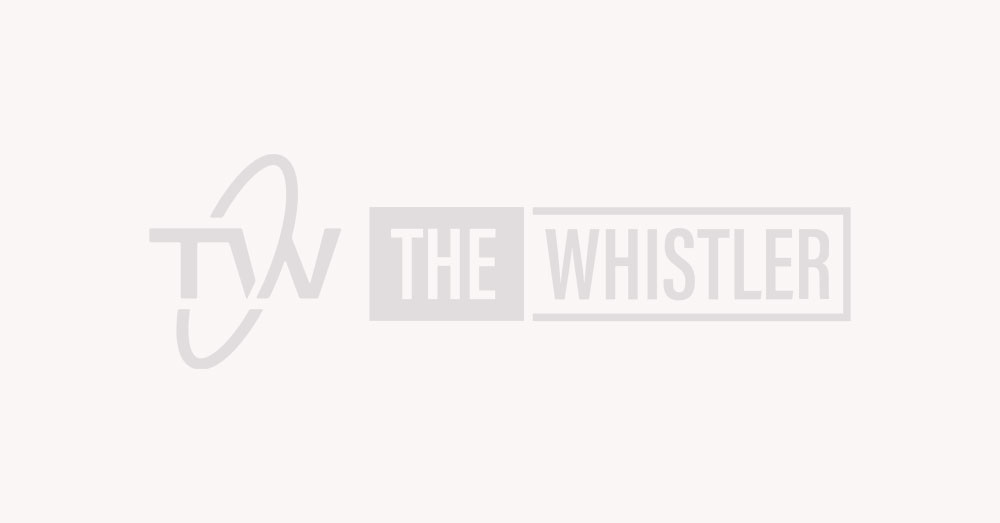…Hails Improvements In Balance Of Payment Position, External Reserves
Global credit ratings agency Moody’s has upgraded Nigeria’s sovereign credit rating to ‘B3’ from ‘Caa1,’ citing the success of reforms spearheaded by Central Bank of Nigeria (CBN) Governor Olayemi Cardoso.
The agency pointed to significant improvements in the country’s balance of payments and external reserves as key factors behind the decision.
Moody’s praised the overhaul of Nigeria’s foreign exchange management framework, noting that the changes have “markedly improved the balance of payments and bolstered the CBN’s foreign exchange reserves.”
The upgrade comes amid broader optimism about Nigeria’s economic outlook.
Earlier this month, the World Bank reported that the country recorded its fastest economic growth in a decade in 2024, largely due to a strong fourth quarter and improved fiscal management. However, it warned that elevated inflation remains a major concern.
Moody’s acknowledged that inflationary pressures — previously fueled by policy adjustments — are beginning to ease, along with domestic borrowing costs.
These developments, the agency said, have strengthened confidence in the sustainability of recent policy reforms.
“The recent overhaul of Nigeria’s foreign exchange management framework … has markedly improved the balance of payments and bolstered the CBN’s (Central Bank of Nigeria) foreign exchange reserves,” Moody’s said, in a statement.
Reflecting a measured optimism, Moody’s revised Nigeria’s outlook to “stable” from “positive”, warning that the pace of progress may slow if oil prices decline.
Still, it emphasized that the improvements are unlikely to reverse entirely.
“The stable outlook reflects our expectations that external and fiscal improvements will decelerate but will not reverse entirely,” Moody’s concluded.
Since assuming office in 2023, the Governor of the Central Bank of Nigeria (CBN), Mr. Olayemi Cardoso, has introduced a series of far-reaching reforms aimed at stabilising the foreign exchange (FX) market, improving dollar liquidity, and restoring investor confidence. These reforms have been pivotal in addressing long-standing structural challenges and repositioning Nigeria’s monetary framework for long-term growth and stability.
One of the Governor’s first major policy decisions was the unification of Nigeria’s multiple exchange rates. Previously, the country operated various official and parallel market rates that encouraged arbitrage and reduced transparency.
The CBN moved towards a single, market-determined exchange rate regime, allowing the naira to float more freely and better reflect market realities. This shift helped eliminate distortions, reduced speculation, and improved overall investor confidence in the FX system.
The CBN under Cardoso’s leadership made significant efforts to address the country’s outstanding foreign exchange obligations, estimated at over $7bn.
Settling these backlogs — payments owed to airlines, manufacturers, and foreign investors — was critical to rebuilding trust in the Nigerian market. By honouring these obligations, the CBN sent a strong signal to international investors and trading partners about Nigeria’s commitment to financial transparency and stability.
Under Cardoso’s leadership, the CBN reintroduced the willing-buyer, willing-seller model to promote greater flexibility and reduce artificial controls in the FX market. This system allows buyers and sellers of foreign currency to negotiate rates freely, with minimal central interference. In tandem, the Bank occasionally intervenes in the market to manage excessive volatility, ensuring a balance between liberalisation and stability.
The model encourages price discovery and helps establish a more realistic valuation of the naira, while also attracting more participants into the formal FX market.
Another core reform involved scaling back excessive government intervention in foreign exchange pricing. By reducing administrative controls and allowing the naira to find its true market value, the CBN facilitated a more transparent and investor-friendly environment. This approach discourages rent-seeking behaviour and supports the development of a more robust and autonomous currency market.
To attract both foreign direct investment (FDI) and portfolio inflows, the CBN adopted a series of measures to make Nigeria a more attractive destination for capital. These included raising benchmark interest rates to improve returns for investors, enhancing the ease of profit repatriation, and maintaining policy consistency to reassure the global financial community. These actions aimed to reverse capital flight and increase dollar inflows into the Nigerian economy.
Recognizing the impact of speculators and unregulated actors on FX volatility, the CBN launched a crackdown on unethical practices in the market. It imposed tighter regulations on Bureau de Change (BDC) operators and raised their minimum capital requirement to approximately ₦2bn to strengthen oversight and professionalism in the sector.
In January 2025, the Bank also introduced the Nigerian Foreign Exchange (FX) Code, a comprehensive regulatory framework aimed at promoting ethical conduct, professionalism, and transparency among authorised dealers. The FX Code ensured that all market participants operate with integrity and adhere to global best practices in currency trading.



